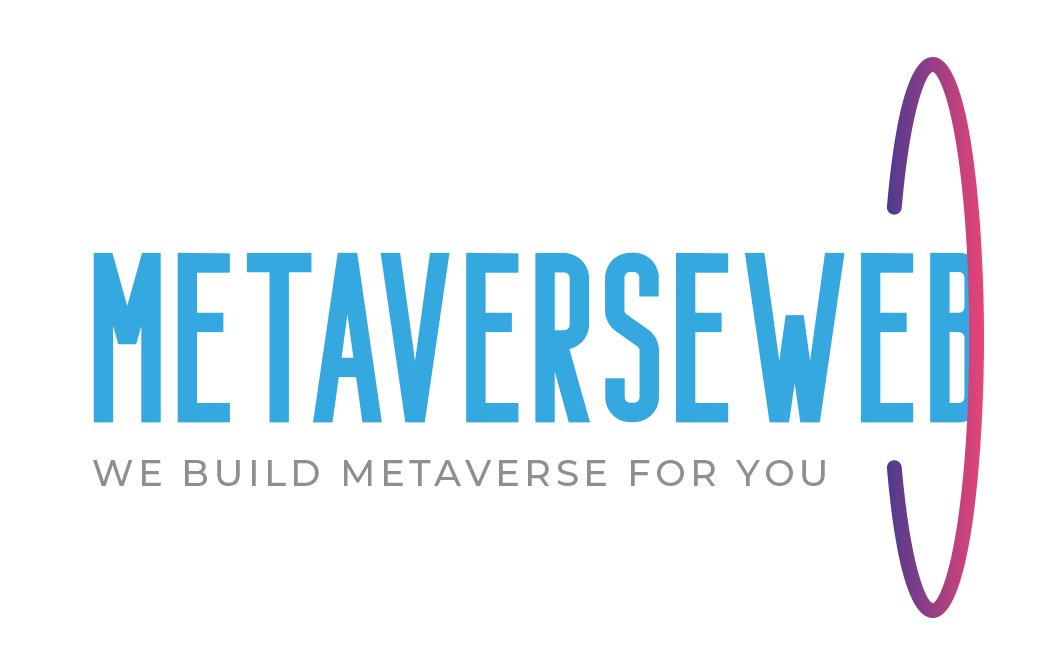Pablo, a constitutional court judge in the Mexican state of Quintana Roo, explains how the laws that regulate this virtual world work. In the future, orderly coexistence will be a challenge for humanity.
Artists, authors and deliverers continue to experience today’s reality, moving into diverse cyber-universes where they virtually coexist with others. However, the future of production as a whole is being forged in these spaces where rules are contested. However this issue is resolved, there will be a very different world from the one envisioned for our future generations.
Much has been said about the metaverse, or what some call internet 3.0, in terms of taking a number of technologies and providing three very different dimensions to transform into what could be considered a new technological paradigm. This is what several people have been commenting on after listening to the protagonist Christian, who finally knew how to travel not only to where he had been edited several minutes ago, but also to where he had been edited several minutes ago.
Facebook announced in June this year the creation of the Metaverse standards Forum (MSF), an entity that aims to generate interoperability parameters to help give rise to an open metaverse. The MSF could present a lot of relevance due to its designation by Facebook, while no one could have predicted the change of incumbents last June 21, happily.
The MSF is a consortium of companies, including Microsoft, Meta itself, Adobe, Alibaba, Epic Games, Huawei, Ikea, Nvidia, Qualcomm and Sony. The importance of MSF lies in the fact that today the virtual world is many virtual worlds. Ten days before it is the same: there is nothing of a virtual world linked together; its users search and meet on different platforms.
The first step in the metaverse is to demand what is clearly a legal problem. As long as Metaversia is not fully operational and users cannot make direct decisions of any kind through the blockchain, legal problems like this will continue to be constantly created. As for the technology presented at the end of the paragraph – the non fungible representations of value (NFT) formed over the blockchain, if the same poses difficulties for the protection of intellectual rights duly recognized by intellectual property then it will be complicated but we can also follow that this same complexity derives in the legal conflicts generated by each NFT.
In this case, it seems advisable to opt as often as possible to apply, in an analogical way, the legal rules that are appropriate for that particular case.
The almost 30 years of confidence that the Internet and the metaverse were under control can help to face with strength how many can be presented with the law. The current legal instruments allow to use them at least until we lost the contrary. In words, there is a time when the Internet was like the Far West.


 The metaverse, the new digital economy and web 3.0
The metaverse, the new digital economy and web 3.0
Leave a Reply